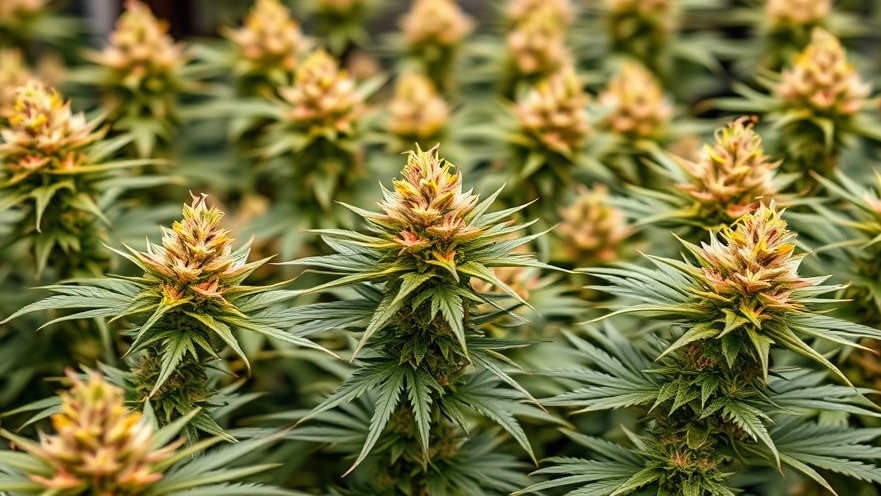
Why Rural Texans Embrace Hemp-Derived THC
In the vast agricultural landscape of rural Texas, despite rising opposition from lawmakers, many locals see hemp-derived THC as a crucial ally in tackling health and economic challenges. A growing movement underscores its increasing importance to health, combating addiction, and revitalizing local economies.
Substance Abuse and Health: A Local Perspective
The scars of addiction are palpable in small communities where tight-knit relationships can often mask deeper issues. Rural Texans cite a surge in substance abuse, and in response, many have turned to hemp-derived THC products for relief. “I’ve seen more fatalities due to alcohol than any other drug,” says Timothy Mabry, a hemp advocate from Canyon Lake, emphasizing the stark difference he perceives between alcohol-related outcomes and those related to cannabis use.
The Economic Boom of Hemp Products
For small towns, hemp products do more than support health—they are an economic lifeline. Local business owners and farmers are increasingly embracing hemp, with some towns having several CBD shops among their few commercial outlets. Andy “Doc” Melder points out that in his hometown of Belleville—a community of just 4,000—three of the 30 storefronts are dedicated to hemp, significantly impacting the community’s economy.
Legislative Challenges Ahead: Implications for Rural Texas
Recently, the Texas Senate passed Senate Bill 5, which threatens to criminalize the majority of hemp products, raising alarm among those who depend on them. Proponents of the bill argue it's an effort to curb an unregulated market. However, locals see this as a potential catastrophe for their health and economy, particularly in areas with limited access to conventional medical care. The tight restrictions threaten to remove a valuable resource for many and deepen existing health crises.
Health Benefits Attracting Attention
As Texas faces health crises exacerbated by limited healthcare access, rural communities are finding relief through hemp-derived products. For many residents, these alternatives provide a way to manage chronic pain and mental health issues. The anecdotes of users reveal that for many, hemp offers a soothing option in place of opioids or alcohol—substances that have caused profound hurt in their communities. Hemp’s therapeutic potential cannot be overlooked amid these discussions.
Rural Voices in the Political Arena
The landscape of Texas politics is shifting as some rural voices begin to challenge the narratives against THC. Various stakeholders, including farmers and veterans, are vocal about how bans might detract from recovery efforts and economic growth. Their stories reflect a more human aspect of this legislative issue, emphasizing the need for empathy in policy discussions.
Future Predictions: The Future of Hemp in Texas
While the push for regulation continues, the desire for hemp-derived products persists among Texans. As the debate unfolds, experts predict that if rural voices remain united and vocally articulate their needs, the legalization of hemp may ultimately prevail. The focus will likely shift towards crafting regulations that serve community interests rather than imposing blanket bans.
Understanding the Opposition: Mixed Perspectives
Opposition to hemp products is fueled by concerns over regulation and potential health risks associated with unregulated consumption. Urban areas are often less familiar with the complexities of life in rural communities, leading to a disconnect between legislators and voters. By fostering conversations that bridge these gaps, comprehensive legislation may be achieved that satisfies both public health concerns and community needs.
This situation highlights that while legislative measures are crucial in controlling substance use, they must also consider the realities faced by those living in rural areas. A more nuanced approach could foster healthier, economically viable communities.
As the conversation around THC continues, it’s imperative for all stakeholders, from farmers to consumers, to participate in discussions. Engagement with local representatives about crucial health and economic issues will ensure a balanced approach that upholds the needs of rural Texans.
 Add Element
Add Element  Add Row
Add Row 



Write A Comment